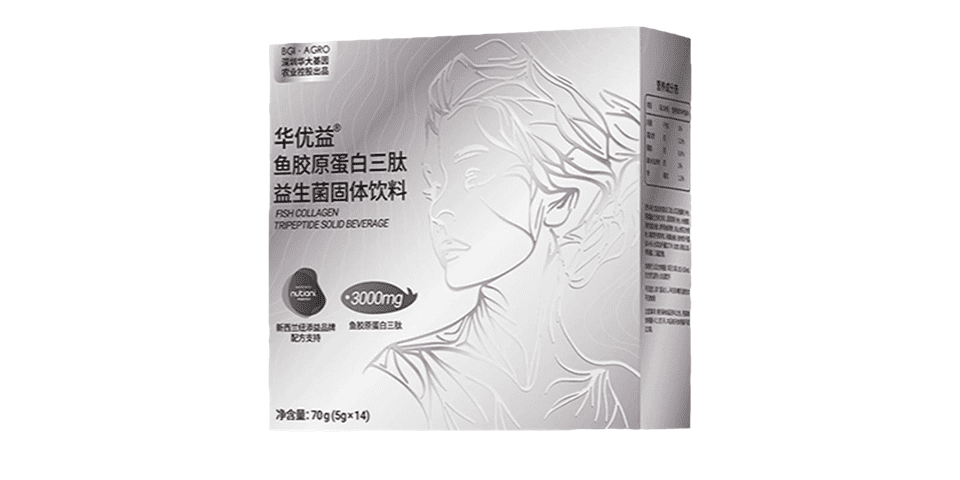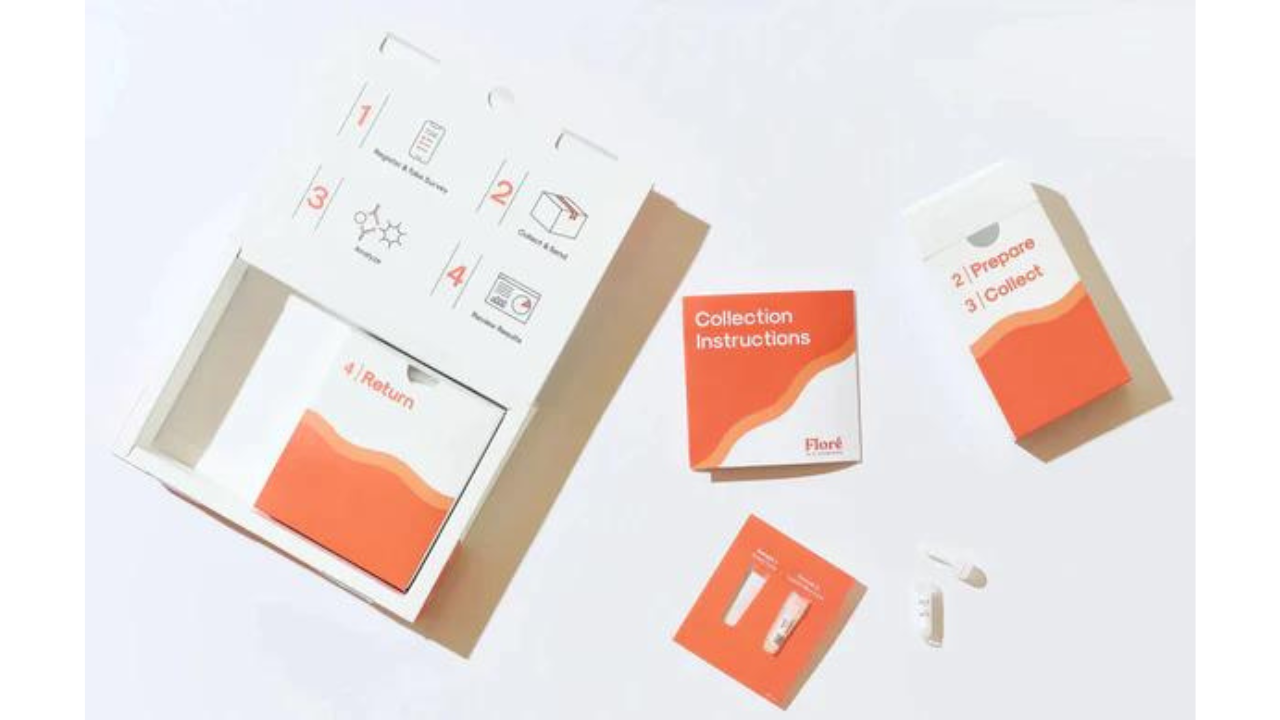2. Well-Aging
The "well-aging" movement embraces the idea of aging with purpose. From 2004-2023, searches for “anti-ageing” messages on Google have declined, while searches related to “healthy,” “positive,” and “well-ageing” have remained stable³.
This narrative reflects a cultural shift toward positivity, where aging is not something to fear but rather an opportunity to embrace new experiences and possibilities. The focus is on celebrating life and finding joy and purpose, regardless of age.
“This generation wants and expects more from the last third of their life than any other generation". Hence, it is time to celebrate aging.”
Cathleen Toomey, TEDx Talk Speaker
The well-aging narrative represents older adults as active participants in society, where WHO notes 'the word 'active' refers to continuing participation in social, economic, cultural, spiritual and civic affairs, not just the ability to be physically active or to participate in the labour force. Our survey findings align with this, showing that middle-aged consumers aspire to maintain positive aspects of existence, with hopes for independence, connection, and relevance1.
In fact, almost 9 in 10 agree with the statement that healthiness comprises of a holistic health upkeeping – that all aspects of wellbeing, such as physical and mental wellbeing, should be taken care of⁴. Hence, brands looking to cater to this narrative should avoid outdated stereotypes, instead adopting authentic, inclusive approaches that resonate with their audience's aspirations for holistic healthy ageing.
Proper nutrition, combined with an active lifestyle, can significantly support healthy aging by promoting mobility, cognitive health, and inner wellbeing. Brands have an opportunity to position products that not only address surface-level concerns but also support long-term health through science-backed ingredients and solutions that empower consumers to age well, inside and out.





